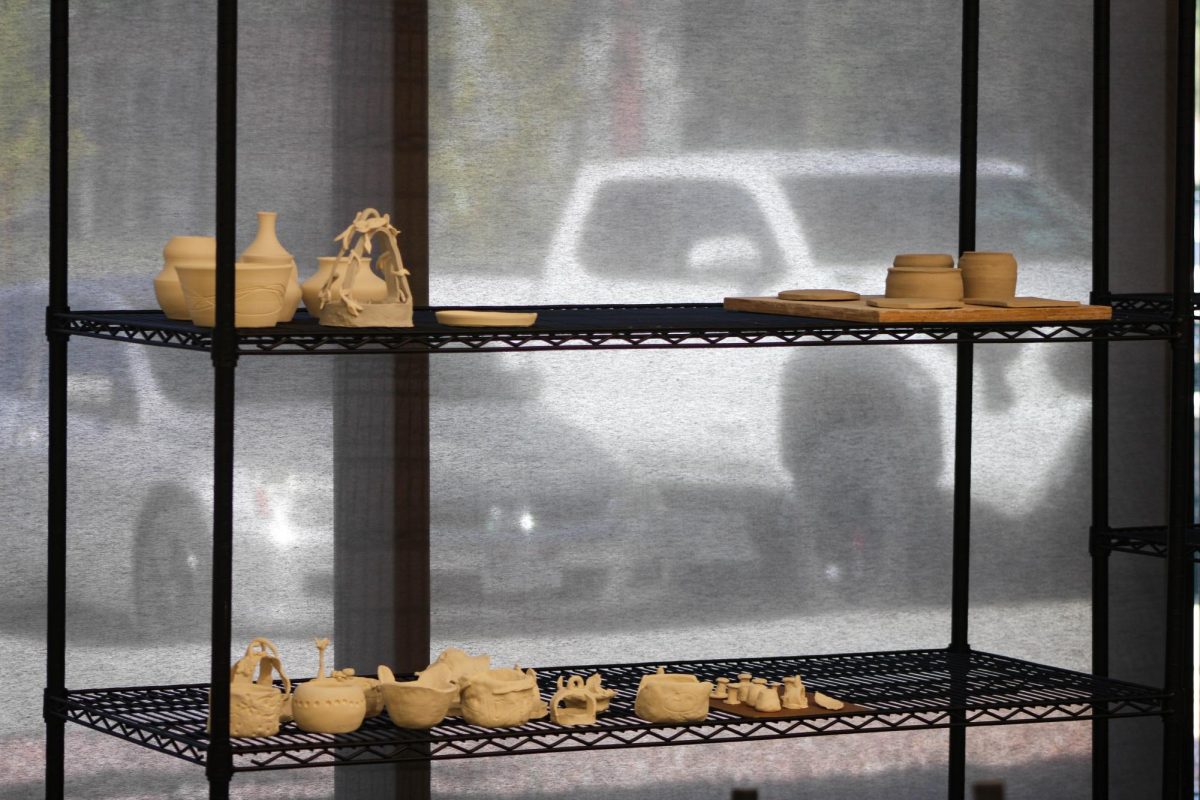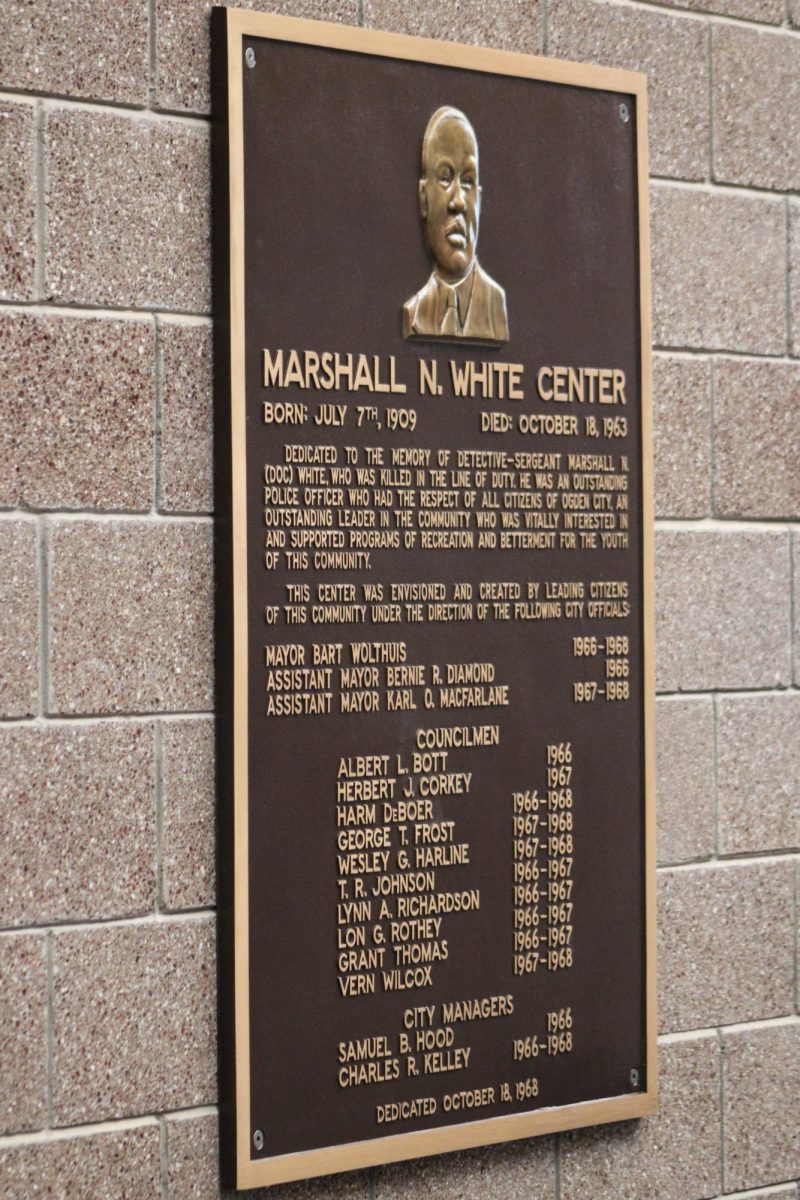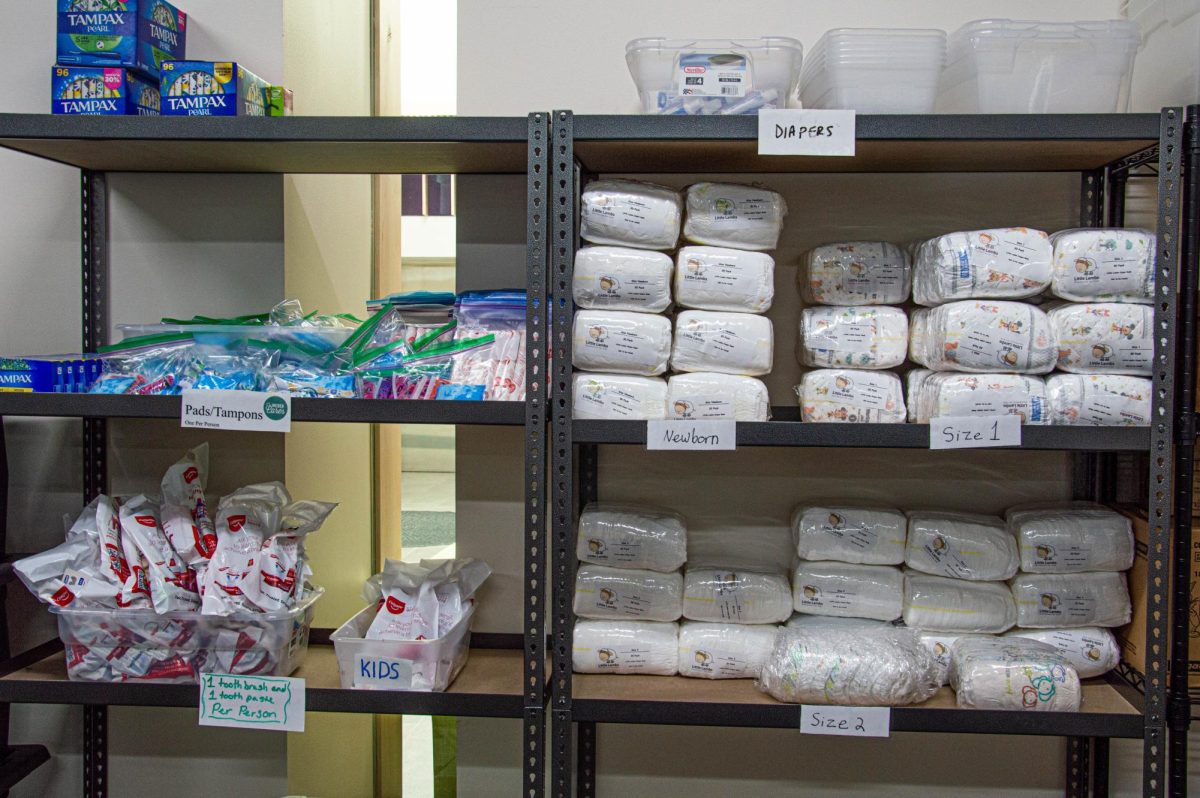For some, the end of the semester is a time of late nights, frenzied studying and cramming four months’ worth of work into a single night of caffeine and sugar. Finals week, and the weeks leading up to it, are often filled with deadlines, obligations and stress.
“The more stressed a person is, the worse they’ll do,” said Michael Olpin, a professor of health promotion and director of the Weber State University Stress Relief Center. “From performance, thinking, shooting a foul shot, taking a test or anything, stress makes a mess of things.”
Olpin has helped his share of stressed-out students manage their individual reactions to stress.
“The most startling thing for most people is that they think stress happens to them,” Olpin said. “But in reality, it’s always how you’re interpreting things. I could take your final and it wouldn’t bother me a bit; you take your final and it bothers you a lot. That tells me that it’s not the final causing you stress; it’s how you’re thinking about the final itself and the negative impact it might have on you. Stress is entirely internal, and knowing that suggests you have some control over it.”
Effects from stress include headaches, muscle pain, irritability, poor concentration, difficulty sleeping and, if left untreated, more serious health ailments in the future.
“You can almost name every single problematic condition that is common in our society today — from insomnia, headaches, muscle pains, fatigue, difficulties focusing, diabetes, heart disease and cancer — and see that stress plays a part in it,” Olpin said. “It doesn’t necessarily cause the problem, but stress makes them all worse.”
Olpin recommends exercise, yoga, massage and visiting the Stress Relief Center.
“If students come in and say, ‘Hey, I’ve never been here before,’ we’ll explain things and give them a tour,” said Julia Crookston, a health promotion major and an intern at the Stress Relief Center. “It’s surprising how few people know about the Stress Relief Center, but it’s an incredible resource.”
Located on the second floor of the Swenson Gym and free to all students, the Stress Relief Center provides massage chairs, inversion tables, chi machines, a biofeedback machine and iPods to help ease the stresses of school and provide a balanced state of mind.
“Juggling my time between going to school full-time, completing an internship, working full-time, and spending time with friends and family can be very stressful,” said Melyssa Conerly, a WSU graduate student in social work and criminal justice. “I counsel clients who struggle with substance use disorders and mental health disorders. I teach my clients ways to manage stress, cope with uncomfortable feelings and deal with daily challenges in healthy ways. It’s important for me to remember to do the same.”
More information on stress and the Stress Relief Center is available at www.weber.edu/relax/.



















